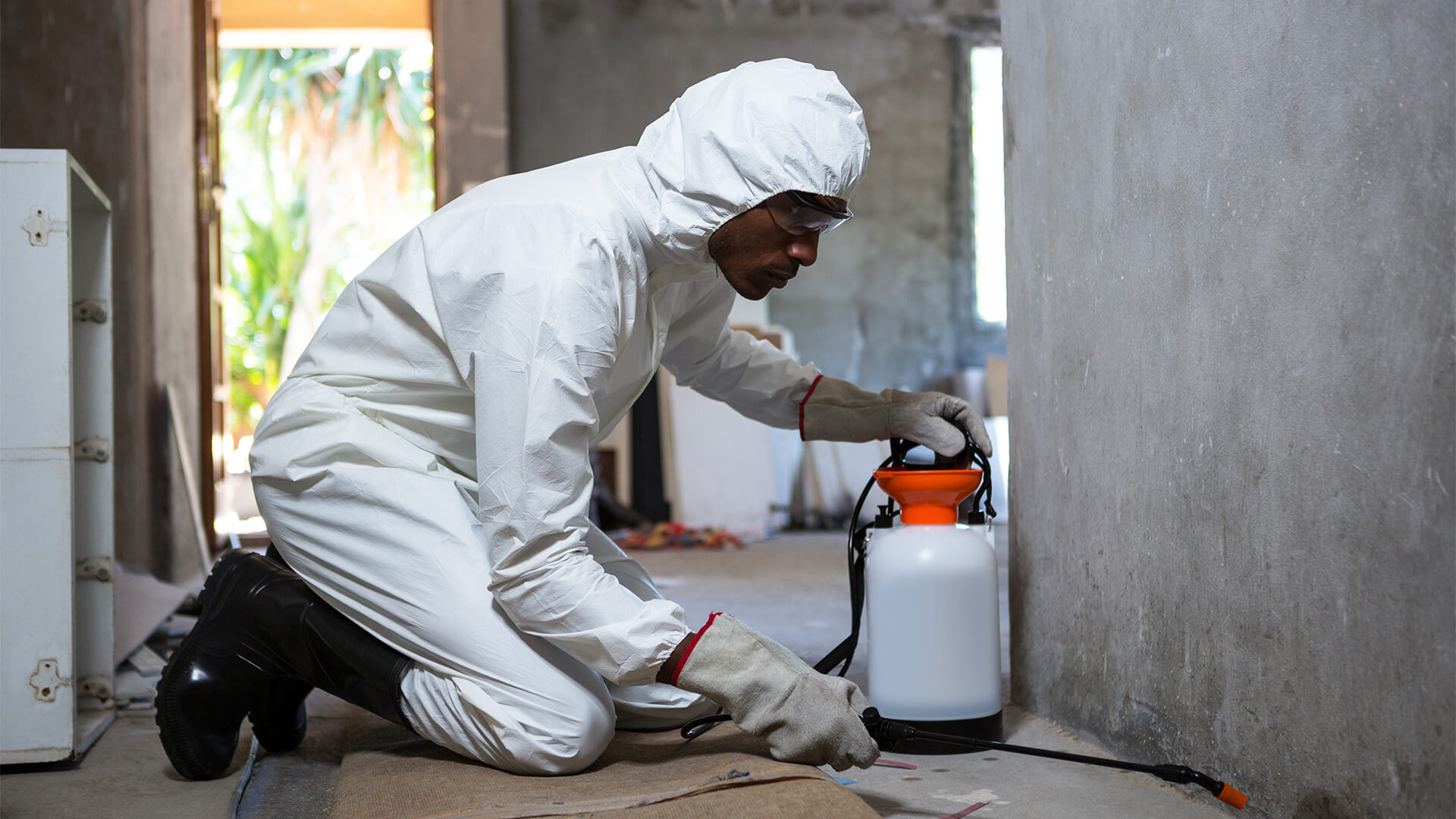Gardening is a favorite pastime for many, providing a sense of relaxation and satisfaction as we watch our plants grow and thrive. However, one common frustration that comes with gardening is pests – those pesky bugs and critters that can wreak havoc on our beloved gardens. The instinctive reaction for most gardeners is to reach for chemical pesticides to eliminate these intruders. But did you know there are safer, more sustainable methods for controlling pests in your garden?
Chemical pesticides may seem like the simplest solution to get rid of pesky critters in the garden. However, they often come with harmful side effects such as damaging non-target plants and pollinating insects, contaminating soil and water sources, and even posing health risks to humans. Not to mention the negative impact on our environment.
Fortunately, there are green alternatives that can control pests effectively without harming the environment or your health.
1) Encourage Beneficial Insects: Believe it or not, not all insects are bad for your garden! There are actually many beneficial bugs out there that can help keep pest populations under control by feeding on them or their eggs. Ladybugs, lacewings, praying mantis, and ground beetles are just a few examples of helpful insects you https://ozlance.com.au/project/wordpress-multisite-specialist want around your garden.
You can attract these good bugs by planting flowers such as daisies or marigolds near your vegetable beds – they provide shelter as well as food sources like nectar and pollen.
2) Use Natural Barriers: One simple way to protect your crops from pests is by creating physical barriers such as row covers made from lightweight fabric or mesh netting over vulnerable plants. These barriers help prevent flying insects from laying eggs on leaves while still allowing sunlight and rainwater through.
For added protection against crawling insects such as caterpillars or slugs, place copper tape around pots or garden beds. The copper disrupts their nervous systems, keeping them from crossing the barrier without harming them.
3) Make Your Own Pest Repellent: If you have a few spare herbs in your garden, why not make your own natural pest repellent? Herbs like mint, rosemary, and thyme contain strong scents that pests dislike. You can boil these herbs and use the water to spray on your plants to deter pests.
Garlic also has natural pest-repelling qualities – crush a few cloves in water to create a concentrated garlic spray for your garden.
4) Rotate Crops: Planting the same type of crop in the same spot every year can attract pests that are specific to that plant. Rotating crops each year with different families of plants can help break this cycle and keep pest populations under control.
5) Practice Good Garden Maintenance: Keeping your garden clean and free of debris can help reduce hiding spots for pests. Regularly remove weeds, fallen fruits or vegetables, and other debris from your garden – these can provide shelter and food sources for unwanted insects.
In conclusion, by following these tips for safe pest control in sustainable gardening practices, you not only protect the health of yourself and others but also play a vital role in preserving our environment. Remember – little changes in our gardening habits can make a big impact towards creating healthier gardens for ourselves, as well as future generations.

